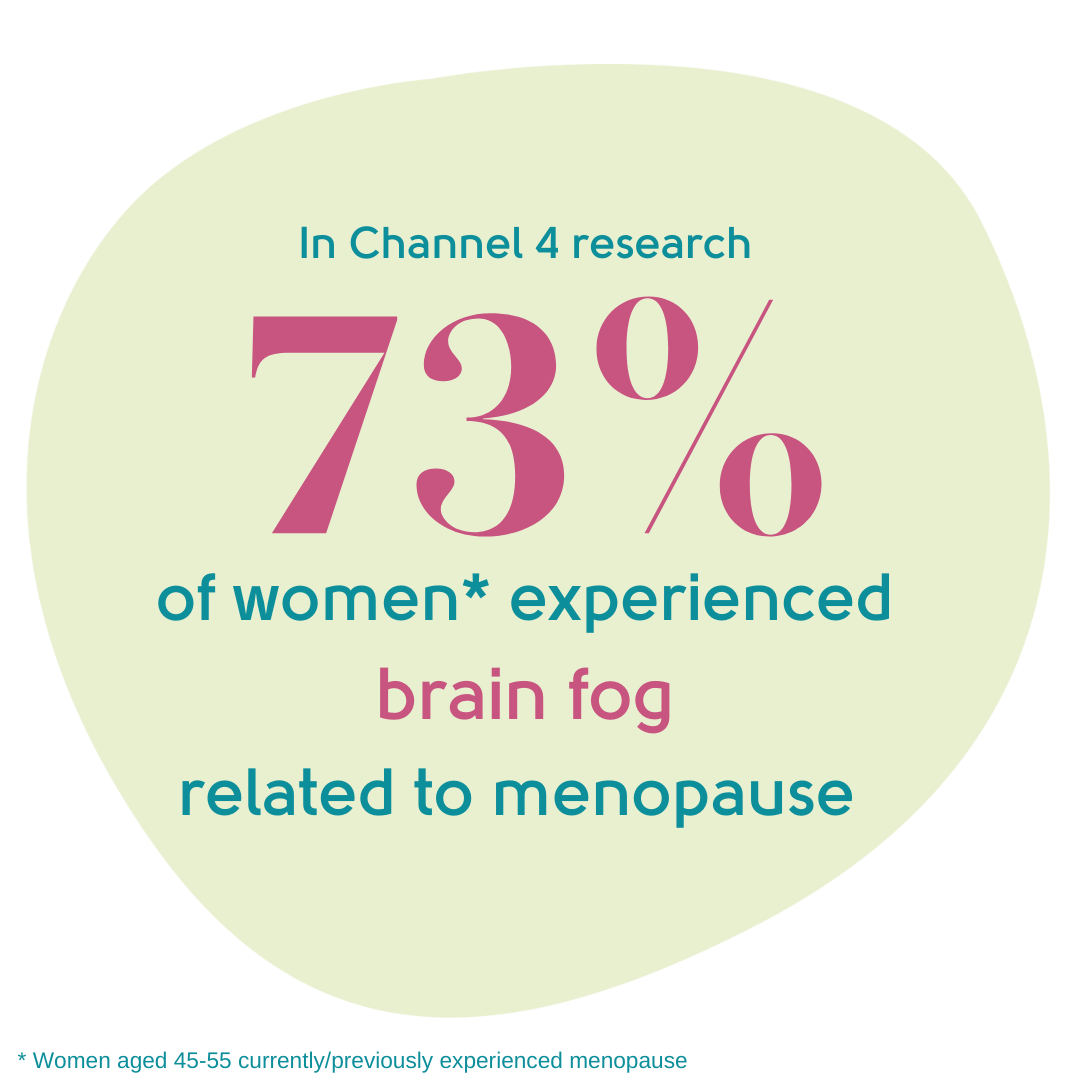Overcoming Menopause Brain Fog Strategies for Clarity

Navigating the Challenges of Menopause Brain Fog
Understanding Menopause Brain Fog
Menopause is a natural transition in a woman’s life marked by the cessation of menstruation and the end of fertility. Alongside physical changes, many women experience cognitive symptoms during menopause, commonly referred to as “brain fog.” This phenomenon encompasses symptoms such as forgetfulness, difficulty concentrating, and mental confusion, which can significantly impact daily functioning.
The Science Behind Menopause Brain Fog
While the exact cause of menopause brain fog is not fully understood, hormonal fluctuations, particularly a decline in estrogen levels, are believed to play a significant role. Estrogen has neuroprotective effects on the brain and helps regulate neurotransmitters involved in cognitive function. As estrogen levels decline during menopause, changes in brain chemistry can occur, leading to cognitive symptoms like brain fog.
Symptoms and Impact on Daily Life
Menopause brain fog can manifest in various ways, including forgetfulness, difficulty recalling words, trouble concentrating, and feeling mentally sluggish. These symptoms can be frustrating and may impact performance at work, relationships, and overall quality of life. Many women report feeling as though their cognitive abilities have declined, leading to concerns about aging and cognitive health.
Managing Menopause Brain Fog: Strategies for Coping
Fortunately, there are several strategies that women can employ to help manage menopause brain fog and alleviate its impact on daily life. These strategies include:
- Maintaining a Healthy Lifestyle: Eating a balanced diet, getting regular exercise, staying hydrated, and prioritizing sleep can all contribute to overall brain health and cognitive function. Consuming omega-3 fatty acids found in fish, nuts, and seeds may also support brain health.
- Staying Mentally Active: Engaging in mentally stimulating activities such as puzzles, reading, learning new skills, or pursuing hobbies can help keep the mind sharp and combat cognitive decline.
- Practicing Stress Management:
